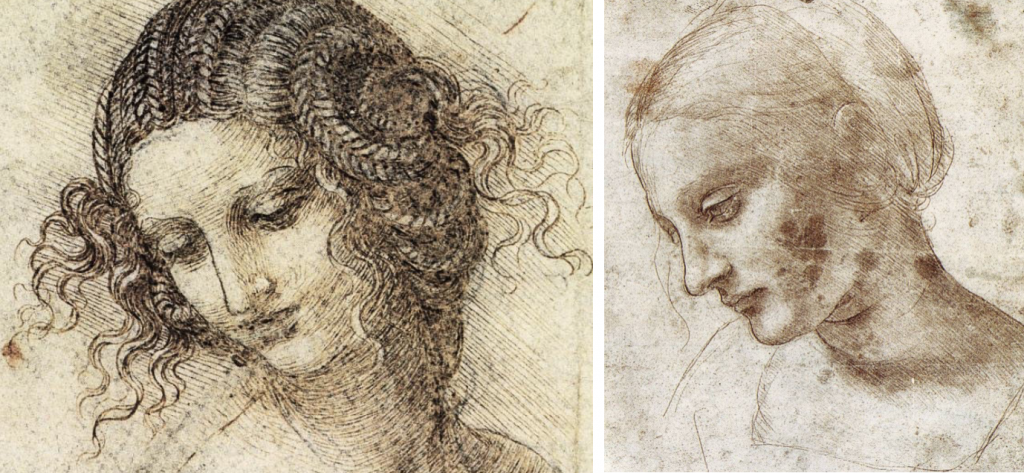da Vinci and the Renaissance 2019 (Italy) Dashboard
Description
 Led by Prof. Dino Franco Felluga (felluga@purdue.edu), da Vinci and the Renaissance is a fully cross-disciplinary study-abroad program that explores the transition from the medieval period to the Renaissance across multiple subjects (art, architecture, engineering, science), thus laying out how much of what we take for granted today about technology or about the human subject were implemented in this rich period, especially in Italy. The focus for the course will be that most famous “Renaissance man,” Leonardo da Vinci. The course’s interdisciplinary approach asks students to think about the constructed nature of the things we take for granted as “natural” (e.g., time, space, human subjectivity, meaning, sight, knowledge, and law), thus opening our eyes to the significance of cultural differences.
Led by Prof. Dino Franco Felluga (felluga@purdue.edu), da Vinci and the Renaissance is a fully cross-disciplinary study-abroad program that explores the transition from the medieval period to the Renaissance across multiple subjects (art, architecture, engineering, science), thus laying out how much of what we take for granted today about technology or about the human subject were implemented in this rich period, especially in Italy. The focus for the course will be that most famous “Renaissance man,” Leonardo da Vinci. The course’s interdisciplinary approach asks students to think about the constructed nature of the things we take for granted as “natural” (e.g., time, space, human subjectivity, meaning, sight, knowledge, and law), thus opening our eyes to the significance of cultural differences.
We finish in the last days of the course by flash-forwarding to our present century so we can consider not only how Renaissance thinking made possible a number of present-day developments (robotics and computing, for example), but also the myriad ways that we are now seeing a cultural, ontological, and epistemological shift that is as far-reaching as the one between the medieval period and the Renaissance. The Peggy Guggenheim Museum and the Venice Biennale will provide us with our artistic examples of so-called “postmodernism.”
Galleries, Timelines, and Maps
There is no content in this group.
Individual Entries
Treviso held ties to Venice during the 13th century and was home to some of the early printers during the Italian Renaissance. It is here that Bartolomeo Confalonieri prints the first copies of Theophrastus's Historia plantarum, which layed the foundation for the study of botany. These prints could now find their way around Italy and Europe; exposing scholars like Leonardo da Vinci to Theophrastus's research.
This museam holds Galileo's telescope and exhibitions on the many observations he made with it. Many of these discoveries further explained many of da Vinci's observations reguarding the moon's surface.
